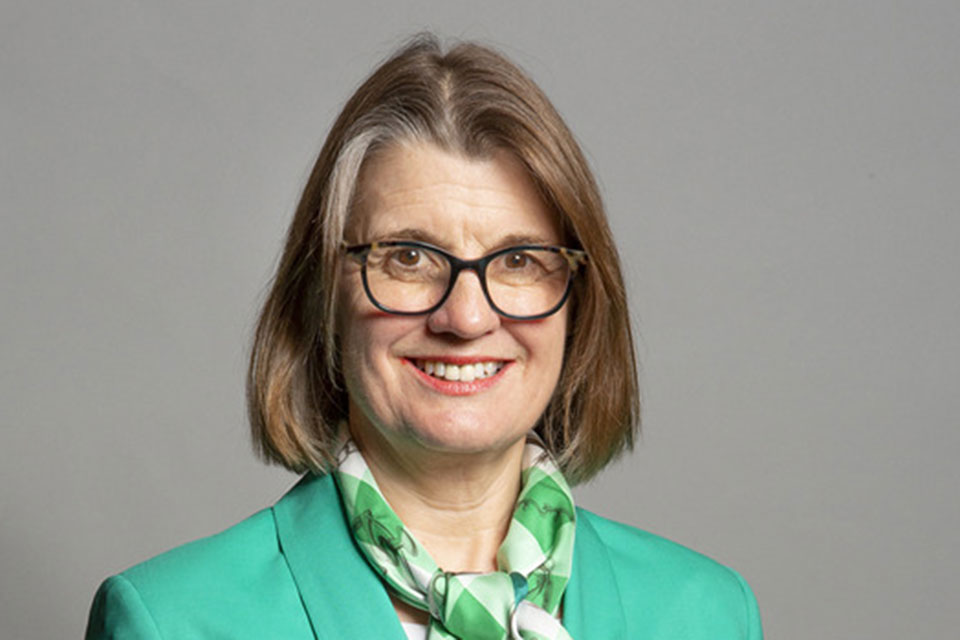Government consultation on environmental objectives for the spaceflight regulator
Publication of a consultation on environmental objectives for the space industry.

I am today publishing the consultation on the government’s environmental objectives, which the spaceflight regulator will take into account when exercising its spaceflight functions under the Space Industry Act 2018. We’re also consulting on the associated guidance (PDF, 382KB) to the regulator on how the government expects it to interpret these environmental objectives.
Responses to the consultation are sought by Wednesday 24 March 2021.
This government is committed to growing the space sector in the UK and cementing our leading role in this sector by unlocking a new era in commercial spaceflight across the UK. Government and industry have set a target to grow the UK’s share of the global market to 10% by 2030. The UK space sector directly employs 41,900 people and contributes £5.7 billion to UK gross domestic product (GDP).
The space sector will need another 30,000 people if it’s to achieve its ambition to secure 10% of the world market by 2030. To support this, our spaceflight programme will enable commercial spaceports to be established in the UK that will facilitate a variety of spaceflight activities, including vertical and horizontal satellite launch and sub-orbital spaceflight.
Growing the UK’s launch capability will help bring new jobs and economic benefits to communities and organisations right across the UK, as well as inspiring the next generation of space scientists and engineers. Harnessing the opportunities provided by commercial spaceflight will feed into our emerging national space strategy, the government’s agenda to level-up the UK, and global Britain.
Access to space and the use of space-based technology also brings many benefits to the environment, allowing us to, for example, observe weather patterns, monitor climate change, manage natural resources, and monitor for harmful activities such as illegal deforestation, fishing and animal poaching.
The UK space sector has an established world-class satellite manufacturing capability and technical expertise, which already makes a significant contribution to global efforts to monitor and understand the Earth’s environment. For example, the 2018 British-built satellite Aeolus is used to revolutionise the accuracy of weather forecasting, providing benefits to all citizens on Earth.
The introduction of commercial spaceflight to the UK will have environmental implications at the global, national, regional and local level. The objectives and guidance recognise that to deliver the government’s economic, social and environmental objectives, we need to balance mitigating the potentially negative environmental impacts of spaceflight activities with enhancing the strong contributions commercial spaceflight can make to both the economy and our local and global efforts to monitor the environment.
The Space Industry Act 2018 requires applicants for a spaceport or launch operator licence to submit an assessment of environmental effects (the assessment) as part of their licence application. The objectives and guidance that government propose setting explain how the spaceflight regulator will take into account the assessment when deciding licence applications and setting licence conditions.
We’ve worked with environmental agencies, public bodies and government departments to ensure coherence with our national and international policies and obligations. Our intention is to have these objectives in place by the time the secondary legislation and guidance (on which we consulted on 29 July 2020) comes into force this summer and the regulator begins receiving and assessing applications.